5. Ana, Mon Amour (Romania)
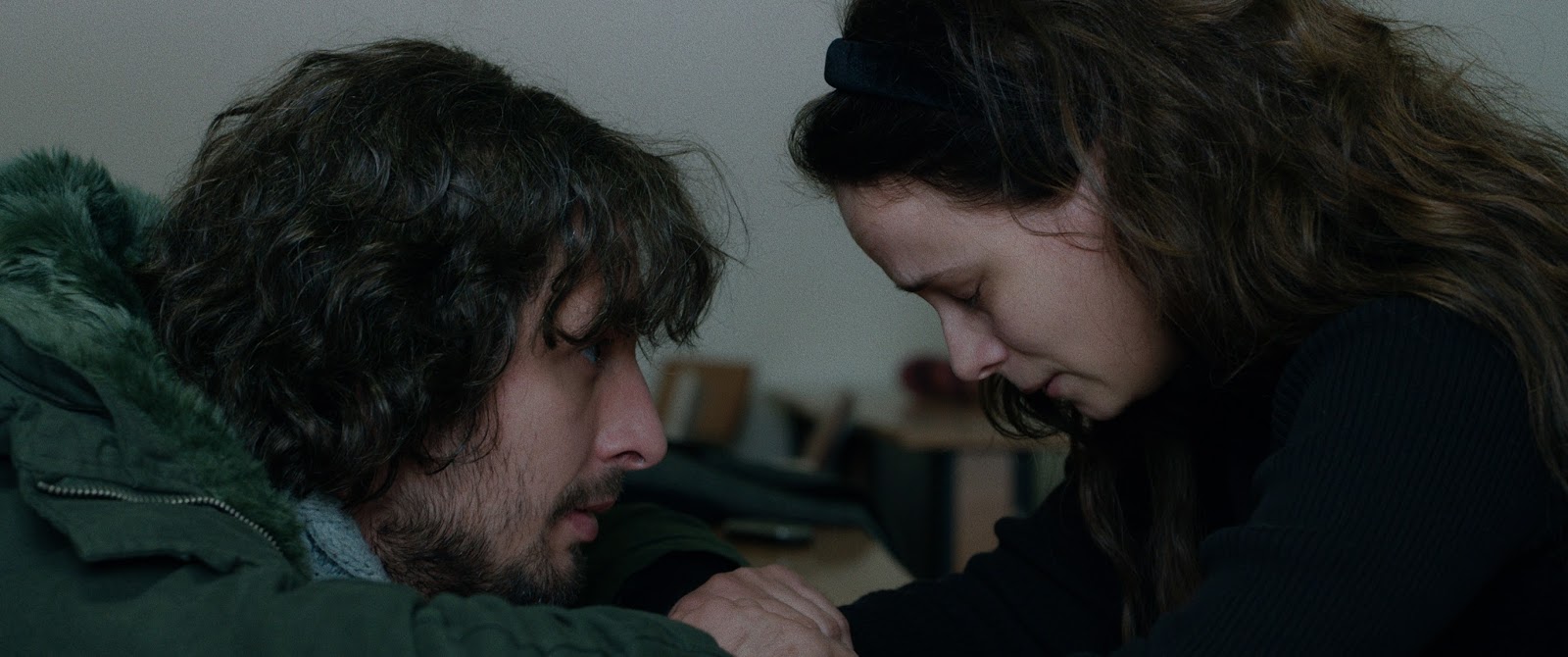
Călin Peter Netzer, the director of Golden Bear winner Child’s Pose (2013), comes up with a cerebral drama focused on the toxic relationship between Ana, a young woman struggling with serious anxiety problems, and Toma, her university colleague.
A less used practice in Romanian cinema, the film features scenes from three different periods of time, with the actors looking older or younger through the use of makeup and different hairstyles. From the present-day scenes, where a worn out Toma is talking to his psychoanalyst about his ex-wife Ana, the film flashbacks to significant moments from their relationship.
Scenes abundant in domestic violence are often present in Romanian films and Ana, mon amour makes no exception. There are many such scenes throughout this film, but there is one that stands out. This certain scene features Toma and his father having an argument which soon evolves into a fight. Toma’s father thinks Ana is using his son and doesn’t want him to burden himself with her mental problems. His father is intemperate, but his judgment turns out to be true: Toma’s relationship with Ana will lead to no good.
Despite a less compelling third act and being a little overlong, Ana, mon amour is another great entry to Netzer’s filmography, featuring well-acted characters and an interesting analysis on sensitive topics such as emotional dependency, mental illness and marital issues.
4. First They Killed My Father (Cambodia)
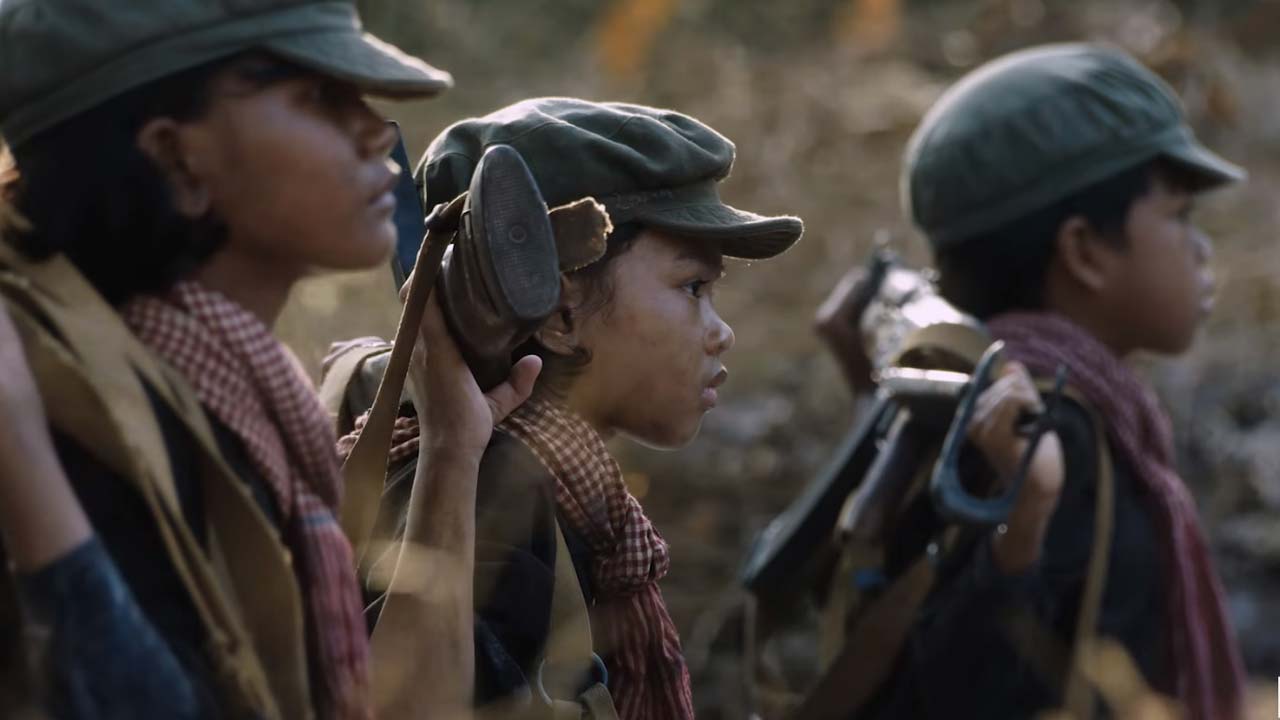
From 1975 to 1979 Cambodia went through the Communist Khmer Rouge regime. During those four years, around 2 million Cambodians were killed in what is now known as the Cambodian genocide. Yet, other than The Killing Fields (1984), this is the only major film portrayal of those events.
First They Killed My Father, directed by Angelina Jolie, is an unsettling, yet touching depiction of the Khmer Rouge regime based on the memories of Loung Ung, a Cambodian girl who, at only 10 years, escaped from Cambodia as a survivor of the Killing Fields. Sareum Srey Moch, who plays Loung Ung in the film, is a child actress in her first role ever, yet her performance is so believable and showcases such a range of emotions that sometimes it is hard to acknowledge that she is just an actor on a movie set.
While not a fun movie by all means, First They Killed My Father manages to recreate the historical events with great authenticity and attention to detail. At times, the events depicted in the film are so cruel and devoid of humanity that you might find yourself in disbelief. How is it possible for a little girl to go through such things? How is it possible for a nation to go through this and why so few people talk about it?
First They Killed My Father is an overwhelming experience and the kind of film which everyone should see, talk about and tell friends about.
3. The Other Side of Hope (Finland)
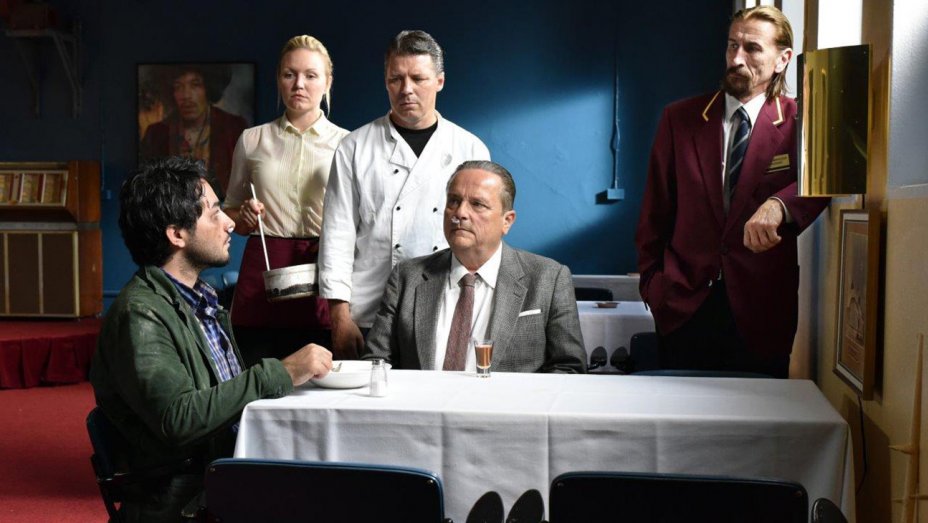
Sometimes, if put in the hands of the right director, a simple story is enough to make a great film. This is the case with The other side of hope. Directed by Aki Kaurismäki, this comedy-drama has a very simple plot and only two main characters. One is Khaled, a Syrian refugee who has fled to Helsinki on a coal freighter. Trying to begin a new life and find his missing sister, he discovers that Finland is not such an idyllic place as he thought when he faces unwillingness from the Finnish authorities and gets death threats from nationalist groups.
Wikström, the film’s deuteragonist, is an uptight traveling salesman who, after winning a poker match, decides to buy an old restaurant and turn it into a successful business. At first, the stories of the two seem separated, but as expected, during the second half of the film their destinies meet when Wikström finds Khaled sleeping in front of his restaurant and they…punch each other’s faces. Yeah, this is, like most of Kaurismäki’s late work, a funny film about serious matters.
The way this film manages to be quirky and lighthearted while still very insightful and relevant to the current world situation is a rare thing. Engaging and full-hearted, The other side of hope feels like a socially conscious Wes Anderson film and it’s totally worth watching.
2. Berlin Syndrome (Australia)
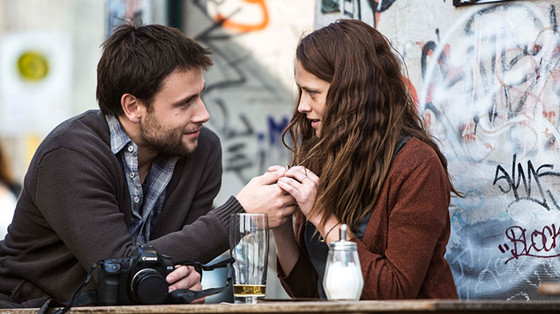
Thrilling and profound, Berlin Syndrome is an entrancing psychological thriller and it will get under your skin.
The film features a powerful performance from Australian actress Teresa Palmer as Clare, a young Australian tourist who, while strolling the streets of Berlin, meets Andi (Max Riemelt), a charming local with whom she has a one-night stand.
Berlin Syndrome starts out like your usual romantic film but soon takes a sudden detour when what seemed like a perfect love story turns out to be one more reminiscent of Stephen King’s Misery (1990) or the recent Hounds of Love (2016), another great Australian thriller.
Berlin Syndrome is a slow-burn but, due to its continuous tension and sense of realism, keeps the viewer engaged from beginning to end. It features amazing performances from both its lead actors and, unlike other movies with a similar subject, puts the psychology of the victim in the limelight.
1. Closeness (Russia)
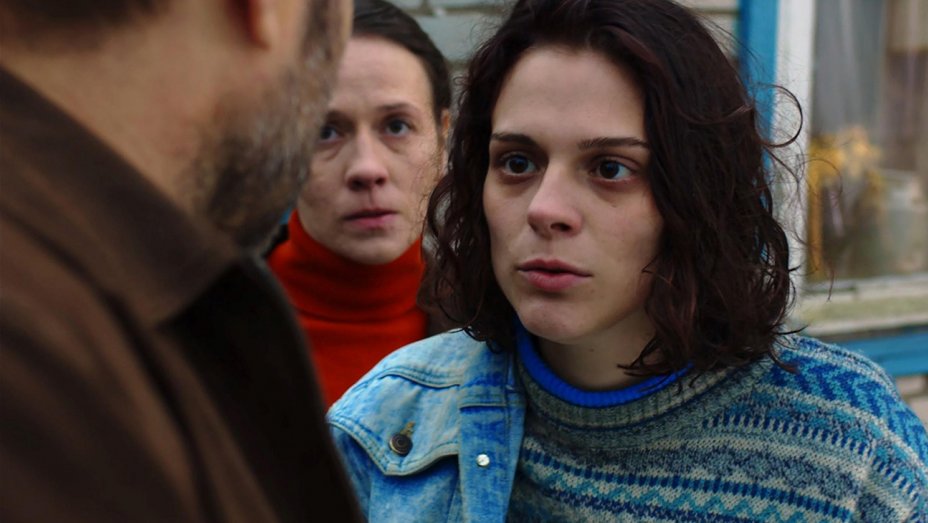
Kantemir Balagov, a 26-year-old Russian filmmaker, made his debut with Closeness, an art-house film which might just as well belong to an established director.
Winner of the FIPRESCI Prize in the Un Certain Regard section at the 2017 Cannes Festival, the film tells the story of a Jewish community from North Caucasus which finds itself in a burdensome situation. Darya Zhovnar, an actress who might remind some of you of Kristen Stewart in her recent French films, plays Ilana, a 24-year-old tomboy whose brother is just about to get married. After a celebration at home, the engaged couple goes out to spend the night downtown. Soon, their families find out they were kidnapped and are demanded to pay a ransom.
As the title suggests, Closeness is an intimate film which, due to the 4:3 format and often use of closeup shots, feels very crowded and claustrophobic. Reminiscent of David Lynch’s work, there are many scenes filled with flashing lights and strong colors, long moments of silence and contemplation.The story unfolds slowly, but it is the kind of film to lose yourself in. It would be best to watch Closeness with someone else as you might feel the need to discuss it later.